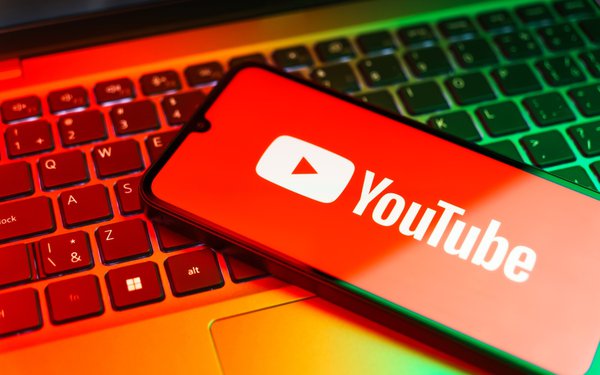
Since the beginning of President Donald Trump's second term in office,
YouTube has reportedly loosened its content-moderation policies.
According to The New York Times, the Google-owned social platform has coached its content moderators to prioritize
“freedom of expression” in rule-breaking videos if they are likely to appeal to the “public interest,” including videos in which creators “discuss or
debate elections, ideologies, movements, race, gender, sexuality, abortion, immigration, censorship and other issues.”
The platform reportedly told
moderators to remove content if “freedom of expression value may outweigh harm risks.”
Moving away from its more stringent content-moderation
policies marks a notable shift that aligns with competitors like Meta and X, two social media giants pushing a community-driven moderation strategy over traditional third-party fact-checking.
advertisement
advertisement
However, unlike Meta and X, YouTube has not publicly disclosed its
decision to relax content moderation. The company’s new approach to policing content on its platform was introduced internally in mid-December via training material flagged by The New York
Times.
Logistically, The Times notes that YouTube has doubled the amount of offensive content -- from a quarter of a video to half a video --
allowed in a video that has potential to be in the public interest.
“The platform also encouraged moderators to leave
up those videos, which would include City Council meetings, campaign rallies and political conversations,” The Times adds.
The article shares the
details of content that YouTube shared with its staff to help train them on the company’s new approach. One 43-minute-long video includes a harmful slur about a transgender person, but is still
considered “in the public interest” due to its breakdown of Trump administration cabinet appointees.
“Recognizing that the definition of ‘public interest’ is always evolving, we update our guidance for these exceptions to reflect the new types of discussion we see on the
platform today,” said Nicole Bell, a YouTube spokesperson.
In addition, Bell informed The Verge that
YouTube’s new policies are intended to help the company prevent “an hours-long news podcast from being removed for showing one short clip of violence.”